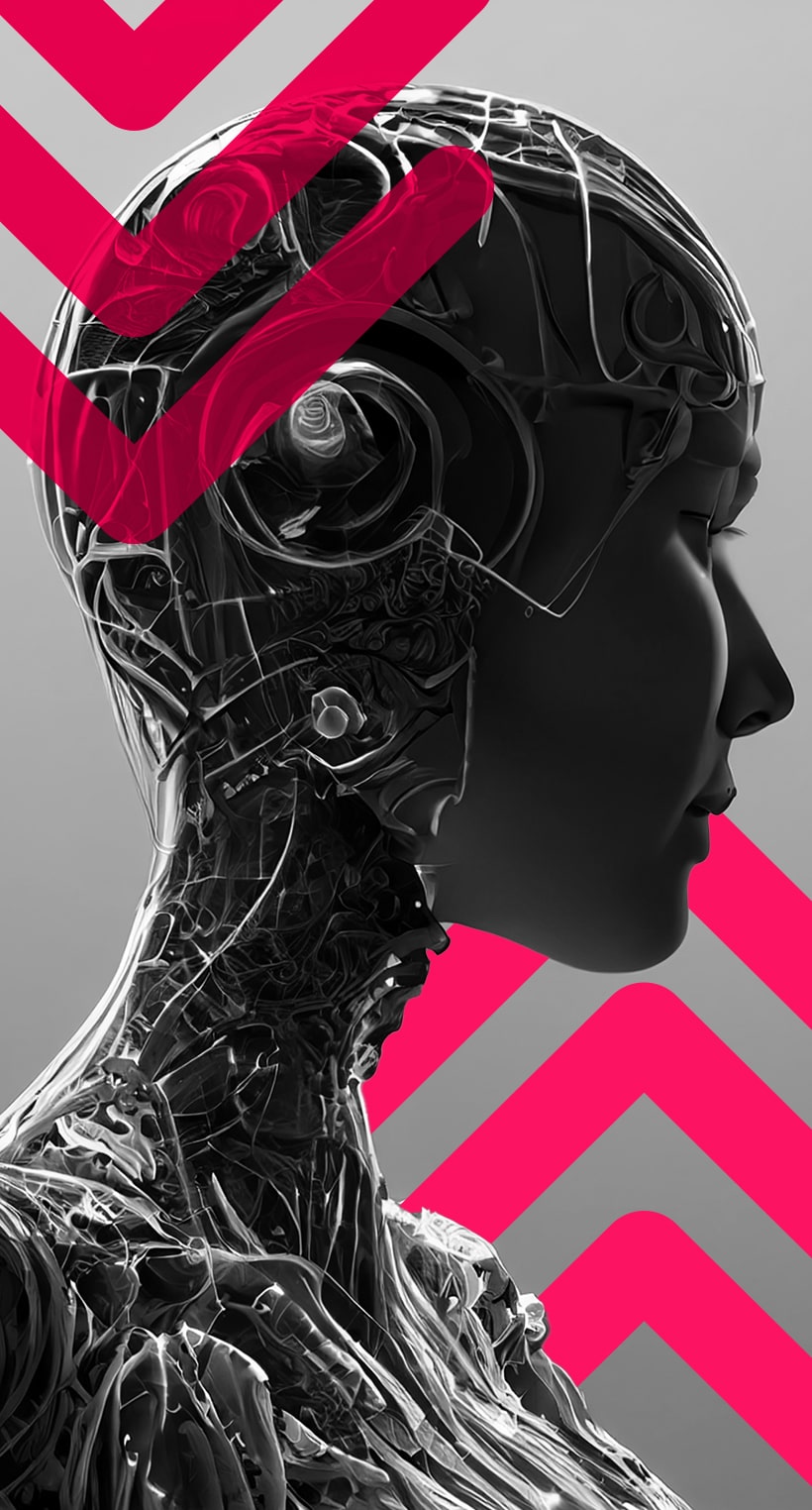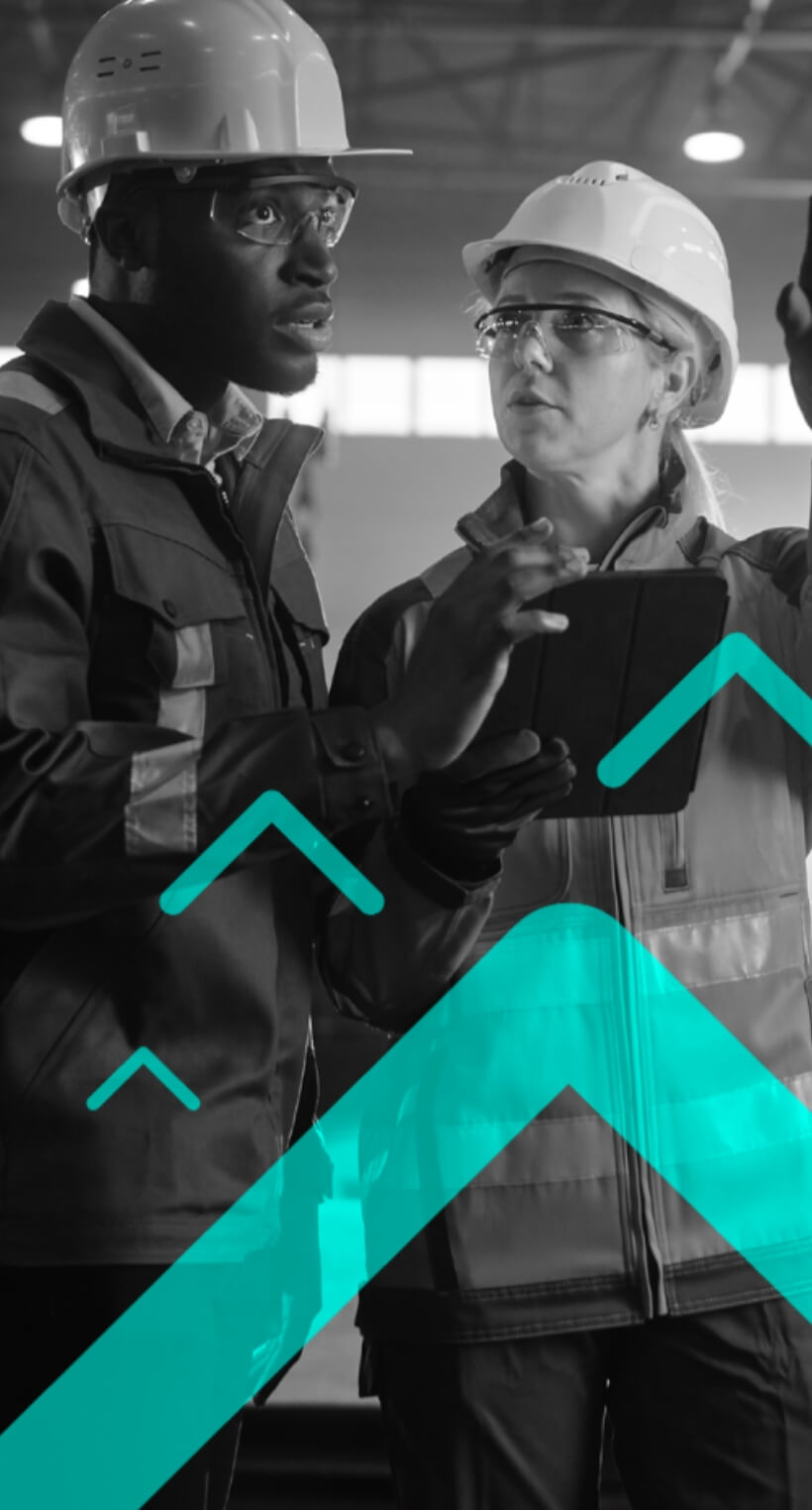Artificial Intelligence (AI) is rapidly transforming industries across the globe, including the real estate and construction sectors. From enhancing efficiency in design to streamlining operations through automation, AI is proving to be a game-changer in these industries. In this article, we’ll explore the various ways AI is shaping the future of real estate and construction and why it’s crucial not to overlook its potential.
The Impact of AI on Project Management in Real Estate and Construction
In the world of real estate and construction, project management plays a vital role in ensuring the successful execution of complex projects. Traditionally, project managers relied on their experience and intuition to make critical decisions. However, with the advent of AI, project management has taken a huge leap forward. AI algorithms can analyse massive amounts of data, including historical project data, market trends, and risk factors, to provide valuable insights. This enables project managers to make more informed decisions, mitigate risks, and optimise resource allocation. By harnessing the power of AI, project management in real estate and construction becomes more efficient and effective, resulting in cost savings and improved project outcomes. Additionally, AI can assist in real-time monitoring of construction sites, using sensors and data analytics to identify potential issues or delays. By proactively detecting problems, project managers can take corrective actions promptly, minimising the impact on project timelines and budgets.
How AI Is Revolutionising the Development Process in Real Estate and Construction
The development process in real estate and construction involves numerous stages, from site selection and feasibility studies to design and construction. AI is revolutionising each step of this process, optimising efficiency and reducing costs.
In site selection, AI algorithms can analyse multiple factors, such as demographics, market trends, and environmental data, to identify the most suitable locations for development. This data-driven approach ensures that developers make informed decisions and maximise the potential of their investments.
When it comes to design, AI is enhancing creativity and efficiency. Designers can leverage AI-powered software to generate multiple design options based on predefined parameters, such as space utilisation, energy efficiency, and aesthetic preferences. This not only speeds up the design process but also enables architects to explore innovative and sustainable solutions. Furthermore, AI can analyse existing building data and generate insights for design improvements, such as optimising energy consumption or enhancing occupant comfort.
In the construction phase, AI-driven automation streamlines operations and increases productivity. Robotic systems can perform repetitive tasks, such as bricklaying or painting, with precision and speed, reducing reliance on manual labour. Drones equipped with AI technology can conduct aerial inspections, monitor progress, and identify potential safety hazards. By automating these tasks, construction companies can complete projects faster, more accurately, and with improved safety.
AI-Driven Automation: Streamlining Operations and Increasing Productivity
Automation has long been a goal in the real estate and construction industry to improve efficiency and productivity. AI-driven automation takes this goal to a whole new level, enabling operations to streamline and increase overall productivity.
One area where AI-driven automation is making a significant impact is in the management of facilities and properties. AI-powered systems can monitor and control various building systems, such as HVAC, lighting, and security, to optimise energy consumption, improve occupant comfort, and enhance overall operational efficiency. These systems can learn from occupant behaviour and external factors, such as weather conditions, to adjust settings automatically, ensuring optimal performance while minimising energy waste.
In addition to facility management, AI-driven automation is transforming the maintenance and repair processes in real estate and construction. Predictive maintenance algorithms can analyse sensor data from equipment and machinery to detect potential failures or malfunctions before they occur. By identifying issues in advance, maintenance teams can schedule repairs or replacement of parts, minimising downtime and reducing repair costs. This proactive approach to maintenance not only increases the lifespan of assets but also enhances safety and operational reliability.
Furthermore, AI-powered automation is streamlining administrative tasks, such as contract management, documentation, and reporting. Intelligent systems can extract relevant information from documents, such as lease agreements or construction contracts, and populate databases or generate reports automatically. This eliminates the need for manual data entry and reduces the risk of errors, saving time and resources.
By leveraging AI-driven automation, real estate and construction companies can optimise operations, reduce costs, and increase overall productivity. Embracing automation is essential to stay competitive in an industry that is rapidly evolving.
The Future of AI in Real Estate and Construction
The future of AI in real estate and construction is promising, with ongoing advancements and innovations shaping the industry. Here are some key trends and developments to look out for:
- Improved data integration and analytics: As data management practices improve, AI algorithms will have access to more comprehensive and reliable data. This will enable more accurate predictions and recommendations, leading to better decision-making and risk mitigation strategies.
- Enhanced automation and robotics: The integration of AI with robotics will further automate construction processes, increasing productivity and reducing reliance on manual labour. Construction sites will see the deployment of autonomous equipment and robotic systems, revolutionising the industry.
- Augmented reality (AR) and virtual reality (VR): AI-powered AR and VR technologies will transform the way buildings are designed, visualised, and experienced. Architects and designers will be able to create immersive virtual environments, enabling stakeholders to explore and interact with designs before construction begins.
- Smart buildings and IoT integration: AI will play a crucial role in the development of smart buildings, where various systems, such as lighting, HVAC, and security, are interconnected and optimised for efficiency and occupant comfort. AI algorithms will analyse data from IoT devices to make real-time adjustments and predictions, maximising energy efficiency and reducing maintenance costs.
- Advanced natural language processing: AI-powered virtual assistants and chatbots will become more sophisticated, enabling natural language interactions with users. This will enhance the tenant experience, improve customer service, and streamline administrative tasks.
As these trends continue to unfold, A will become an integral part of the real estate and construction industry, driving innovation, efficiency, and sustainability.
Conclusion
Artificial Intelligence is revolutionising the real estate and construction industry, offering unprecedented opportunities for efficiency, innovation, and growth. From project management to design, predictive analytics to automation, AI is transforming every aspect of these sectors. By harnessing the power of AI, stakeholders in real estate and construction can make data-driven decisions, optimise operations, and deliver projects more effectively.
As the future unfolds, AI will continue to shape the industry, enabling the development of smarter, more sustainable buildings and processes. To stay ahead in this rapidly evolving landscape, it’s crucial to recognise the potential of AI.
;)
;)
;)